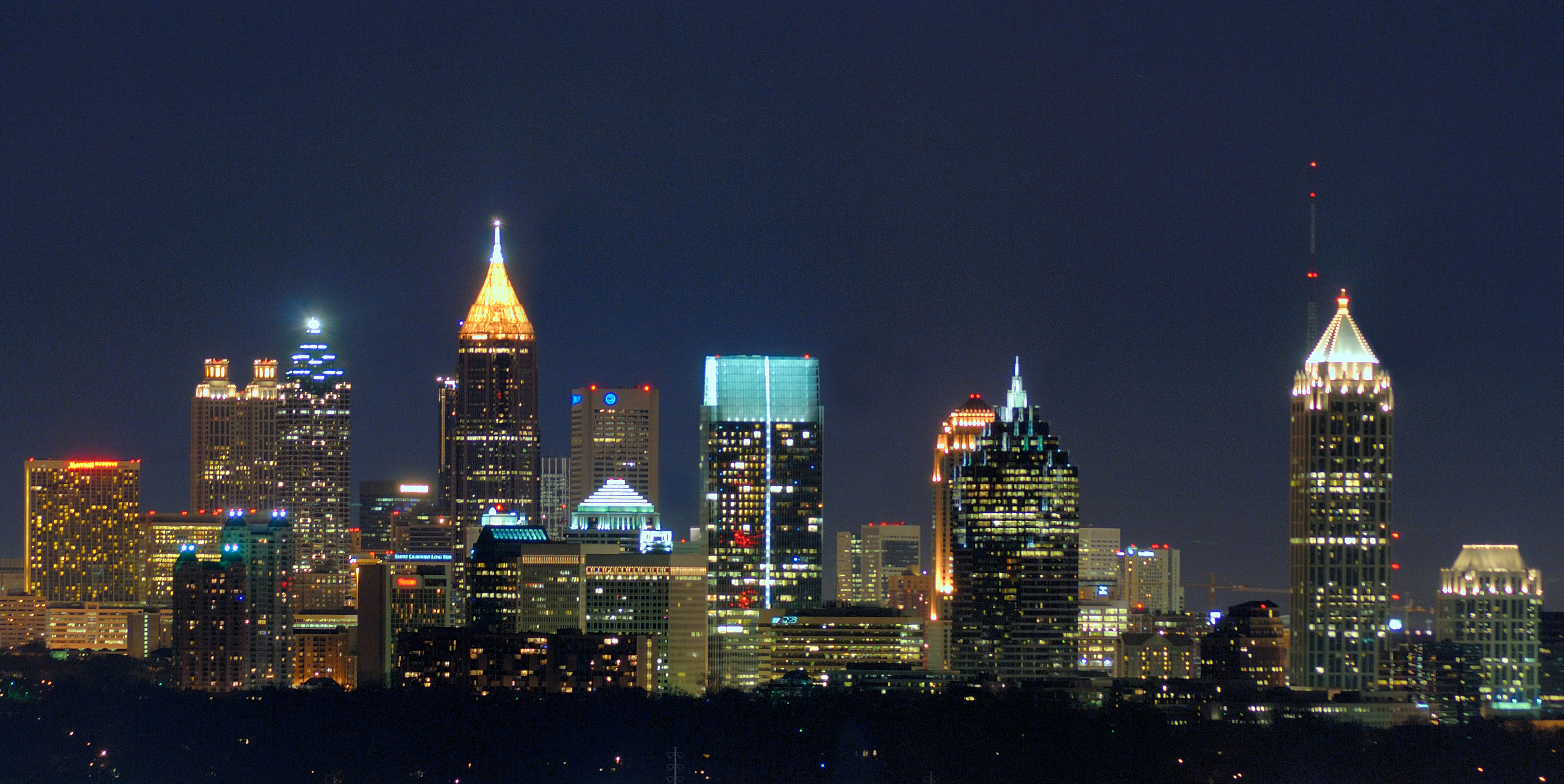Real talk, element 1: in December 2014, the unemployment rate for African-Americans was a little over 10%; that’s twice the rate of whites in America. That gap has been fairly consistent for a little over 40 years.
Real talk, element 2: in 2013, the median household income for an African-American family was $34,598; that’s 59 percent of a white family’s total.
You can make an argument that things have gotten better for African-Americans since the 1960s — and a portion of that argument would likely be Obama’s election — but the argument isn’t fully mature yet.
There are some cities where it’s maturing, though.
Interestingly — but perhaps unsurprisingly — most of these cities are in the U.S. South. The top 10 looked something like this:
- Atlanta
- Raleigh
- Washington, D.C.
- Baltimore
- Charlotte
- Virginia Beach/Norfolk
- Orlando
- Miami
- Richmond
- San Antonio
I say “interestingly” above because, of course, African-Americans typically fled the South in previous generations — but also started returning sometime in the 1970s as part of a “demographic reverse migration.” Atlanta is called “Black Mecca” by some, often in a derogatory way.
7 of those 10 cities are Southern, depending on whether you contextualize Miami and Orlando as “Southern” — some people view Florida as different from a truly southern ethos. If you count San Antonio and Texas as “Southern,” it’s now 80 percent of the list. The only two outliers would be DC and Baltimore — and DC is an interesting case.
The median African-American household income in DC is $64,896 — that’s about $30K above the national average for African-Americans, and about $20K above Atlanta. Home ownership rates for African-Americans in DC are close to 43%; that’s the highest in the nation on that figure.
This overall study took the 52 largest metropolitan areas in the United States, and then analyzed data on them in terms of (a) homeownership, (b) self-employment rate (a measure of entrepreneurship), and (c) median household income. You can quibble with those three barometers, but they are conventionally associated with “middle-class success factors.”
While most of the cities with more favorable economic conditions for African-Americans are in the South, there is an important caveat: right now, the South is one of the worst areas in America for “social mobility,” or the basic idea that your children’s lives could be better than your own.
If you want a good sense of Google as a good company, look at their currently-installed cities for Fiber, their super-high-speed Internet:
A good chunk is in the American Southeast, and the theory goes that if you have super-fast Internet, you might get a flood of companies coming in — which can help with salaries and overall economics. At the very least, it causes other Internet providers to do better — and that can help with productivity and the increase in new companies in an area.
As you might expect, some of the worst cities for African-Americans economically in the present day are older Rust Belt cities like Cleveland, Buffalo, and Milwaukee; there, African-Americans tend to earn $10K to $15K less than in Atlanta. Self-employment rates are basically half as high.
As for the politics of it all, there’s this from Forbes:
Ironically, many of the metro areas at the top of our list tend to vote Republican. But many local Democratic politicians in the South support generally pro-business economic agendas. African-Americans, who tend to have fewer economic assets than whites, need growth to expand their opportunities; that’s one reason they do so well, relatively, in the South.
When you factor all this in with the data that minorities will be the new majority by 2050, it’s pretty amazing to think of how absolutely different the U.S. will look from the end of WW2 to then — and that’s only 100 years; in grand historical terms, that’s not even a ton of time.

